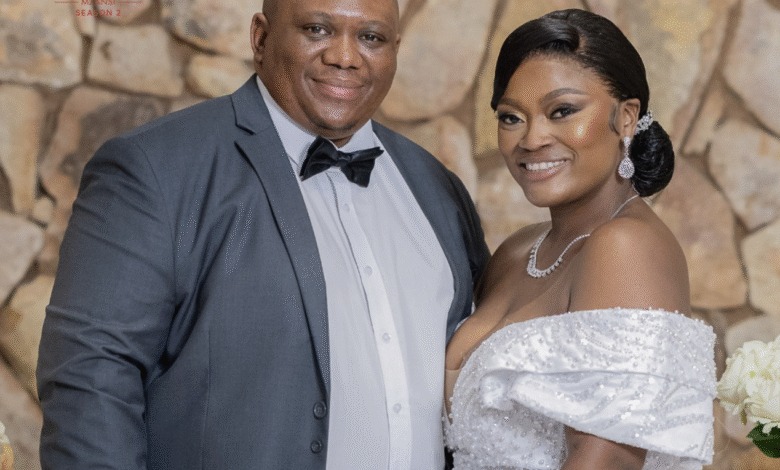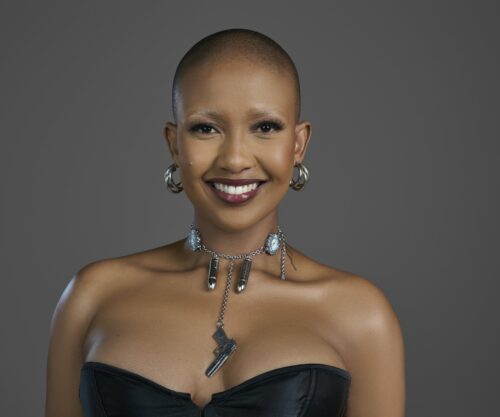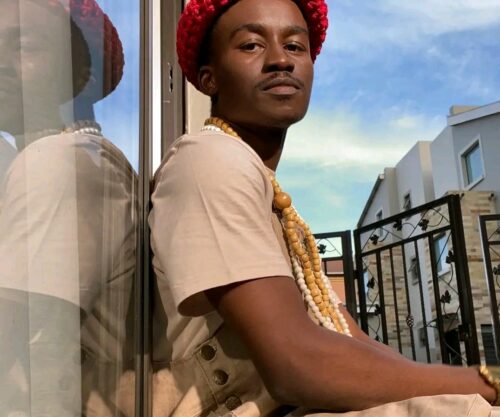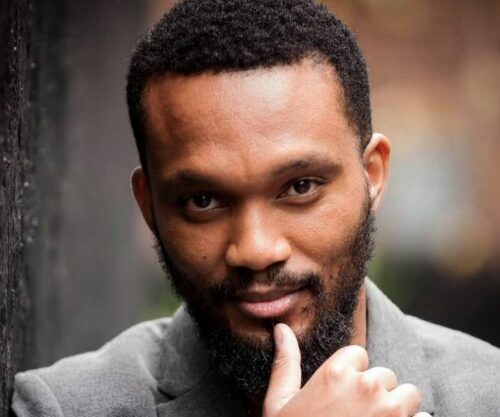
A call behind the scenes
It wasn’t cameras or producers that drove Palesa Mphaki to reach out; it was something far more personal. In a candid moment on Podcast and Chill, Sol Phenduka revealed that the Married at First Sight SA star phoned him for guidance during the storm around her crumbling marriage with Tshepo Miya.
Sol said they know each other, and when things started shifting in Palesa’s relationship, she turned to him. She expressed frustration about Tshepo’s behaviour and complained that she felt misrepresented, pressured, and even painted in a way that didn’t align with how she saw herself.
The advice he gave, and the tough truth
Rather than sugarcoat it, Sol told her she was part of the very drama the show thrives on. He reminded her that reality TV is built on tension, mismatch, and spectacle. His point wasn’t to dismiss her pain but to help ground her in what’s real beyond the cameras.
He also questioned the matchmaking choices of the producers. Sol suggested that the person Palesa said she wanted, someone grounded, humble, and generous, wasn’t who she was paired with. He cited examples like feeling locked out of Netflix or being mischaracterised.
Ultimately, he advised that she not expect to find true love in a show designed for entertainment. He urged her to hold on to her own sense of self, even when the narrative tries to rewrite it.
Why this moment matters
This is more than a celebrity gossip headline. It cracks open the mechanics of reality TV, how producers edit, pair, and amplify conflict to keep viewers glued. In South Africa, especially, Married at First Sight has become more than entertainment; it sparks national conversation about love, marriage, and identity.
For viewers who invest emotionally, seeing a star like Palesa reach out for real counsel removes the glamour. It shows that beyond the façade, there’s pain, confusion, and the human desire to be understood.
Social media and public reaction
After the episode dropped, listeners flooded timelines. Many praised Sol’s honesty, calling it rare for someone in the media to speak so plainly. Some fans also sympathised with Palesa, insisting that her frustrations with how she was portrayed were valid.
Others shifted the conversation to the responsibility of producers. Should they untangle cast expectations and public spectacle? Is it fair to pair people on opposing wavelengths purely for drama?
Through our lens: advice, not spectacle
What stands out in Sol’s disclosure is a kind of decency, speaking to someone inside a storm and urging them to remember who they are. Reality shows may frame lives in narratives, but relationships don’t always fit those scripts.
In South Africa, where storytelling is part of who we are, from griots to township poets, this moment resonates. Because Palesa’s story isn’t hers alone. It touches anyone who’s felt misrepresented, edited, or pressured by expectation.
When someone you know leans in, with honesty, and tries to help you see past illusions, that is worth paying attention to.
Source: Briefly News
Featured Image: Facebook/Mashala Segerika




